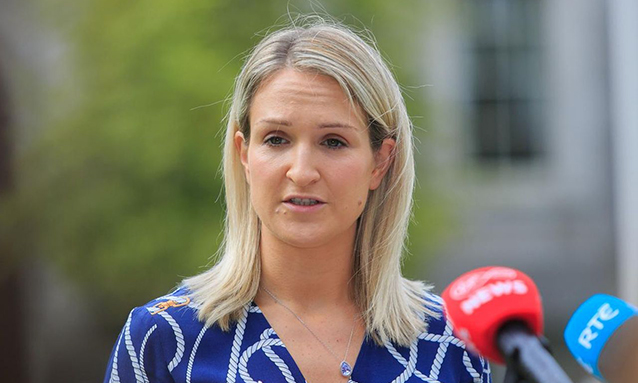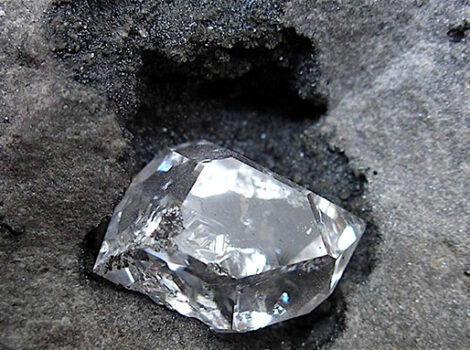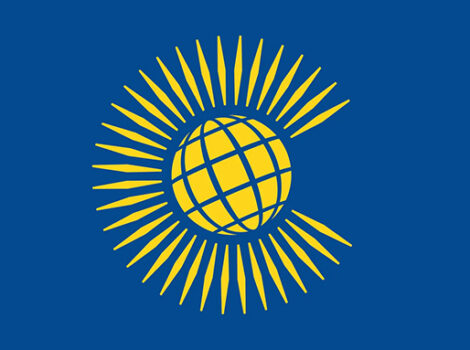
31 January 2024
Algeria and Botswana are to be added to Ireland’s list of “safe countries” of origin as part of a Government plan being considered at Cabinet on Tuesday.
The move is being considered to ensure more international protection applications are processed faster. It will see applicants for international protection from Algeria and Botswana having their cases decided within 10 weeks of arriving in Ireland. The “safe countries” list is part of a process for consideration of asylum applications.
The existing list of safe countries includes Albania, Bosnia and Herzegovina, North Macedonia, Georgia, Montenegro, Kosovo, Serbia, and South Africa. Justice Minister Helen McEntee introduced a new accelerated process for applicants from designated “safe countries” in November 2022. Any application by a person from a safe country still receives a full consideration on its merits by the International Protection Office.
While asylum seekers may travel from countries deemed safe, there are still cases where applicants can show their personal circumstances mean their country is not safe for them. Approximately eight in 10 such applications are refused. The number of applications from safe countries has fallen by 38% since November 2022.
A country is designated as “safe” when there is no persecution, torture, or inhumane or degrading treatment or punishment, and no threat by reason of indiscriminate violence in situations of international or internal armed conflict.
Information to decide whether to designate a country safe is based on information from other EU member states, the European Union Agency for Asylum (EUAA), the UN High Commissioner for Refugees, the Council of Europe and other international organisations as appropriate. Speaking on her way in to Cabinet on Tuesday, McEntee said Ireland is not stating that it is “full”, but that Government wants to have the most “efficient and effective” system possible.
A spokesman for Ms McEntee said:
“It is essential that we have a robust, efficient and rules-based system to ensure that those who need protection get it and those who don’t are removed from the international protection system.”



